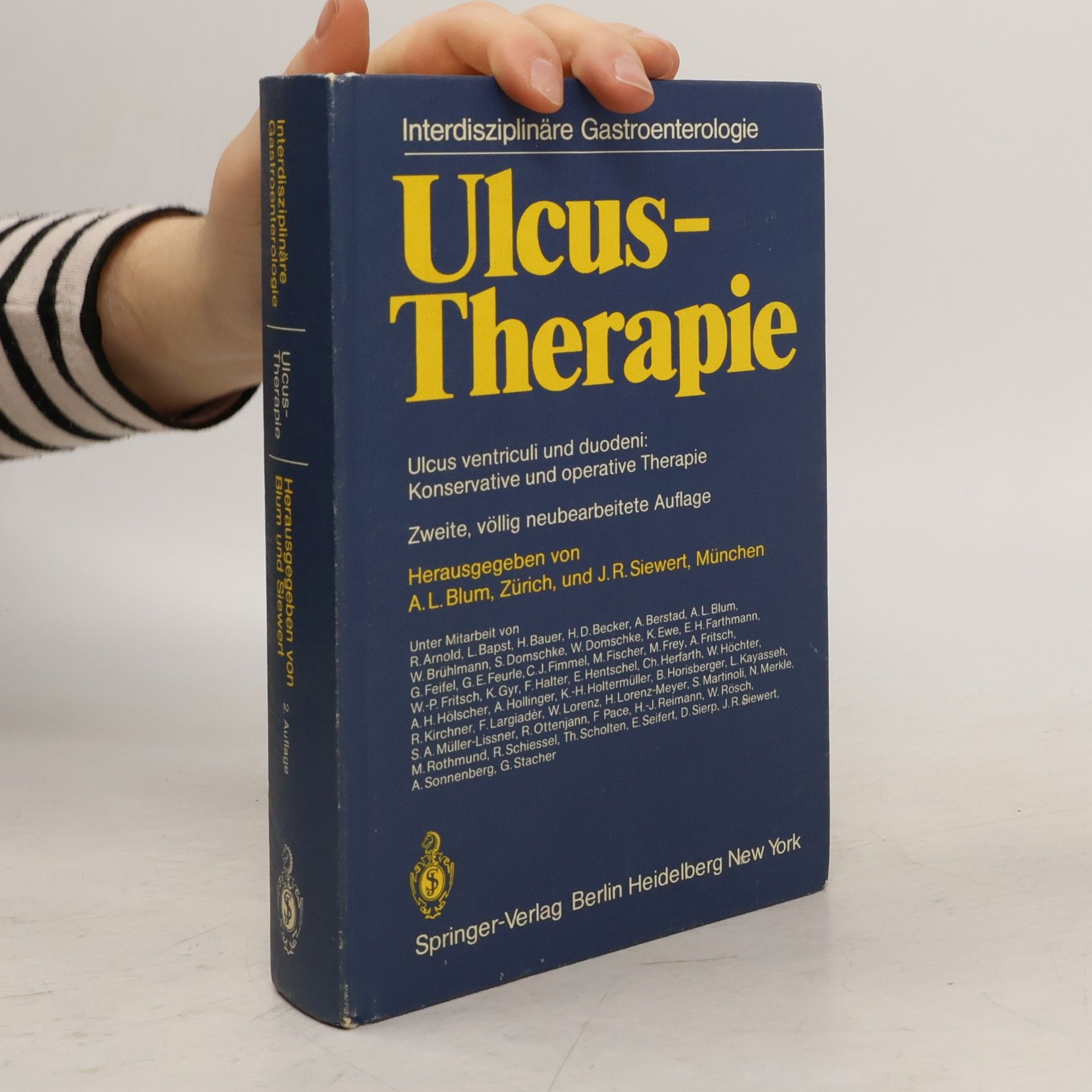interdisziplinäre Gastroenterologie: Ulcus-Therapie
Ulcus ventriculi und duodeni: konservative und operative Therapie - zweite, völlig neubearbeitete Auflage
- 742 Seiten
- 26 Lesestunden
Unter Mitarbeit zahlreicher Fachwissenschaftler
Einer der herausragendsten Intellektuellenhistoriker in und von den Vereinigten Staaten. Seine Arbeit konzentriert sich auf ein tiefes Verständnis der amerikanischen Vergangenheit und der intellektuellen Strömungen, die sie geprägt haben. Sein analytischer Ansatz und seine Fokussierung auf Schlüsselideen und Debatten bieten den Lesern eine einzigartige Perspektive auf die Entwicklung des amerikanischen Denkens.


Ulcus ventriculi und duodeni: konservative und operative Therapie - zweite, völlig neubearbeitete Auflage
Unter Mitarbeit zahlreicher Fachwissenschaftler
This work traces the rise of evangelicalism and the decline of mainline Protestantism in American religious and cultural life. It explores how American Christianity became closely associated with conservative white evangelicalism. The author, a leading historian, examines the Protestant establishment's adoption of progressive ideas about race, gender, sexuality, and divinity, which led to a liberalization that alienated some while not satisfying others. Following 1960, mainline Protestantism experienced membership losses, with conservatives gravitating toward evangelicalism and progressives leaning toward secular activism. This shift resulted in a Protestant evangelicalism that embraced patriarchy and white supremacy, ultimately becoming the dominant Christian cultural force in the country. The author delves into the origins of what he describes as Protestantism’s “two-party system,” rooted in America’s culture of dissent established by seventeenth-century colonists. The constitutional separation of church and state fostered religious diversity, while waves of immigrants found community in churches. The narrative highlights how the U.S. evolved into an overwhelmingly Protestant nation, influenced by Jewish and non-Christian diversification by the 1960s. However, by engaging with modernity, ecumenical Protestants inadvertently set the stage for the reactionary stance of evangelicals.